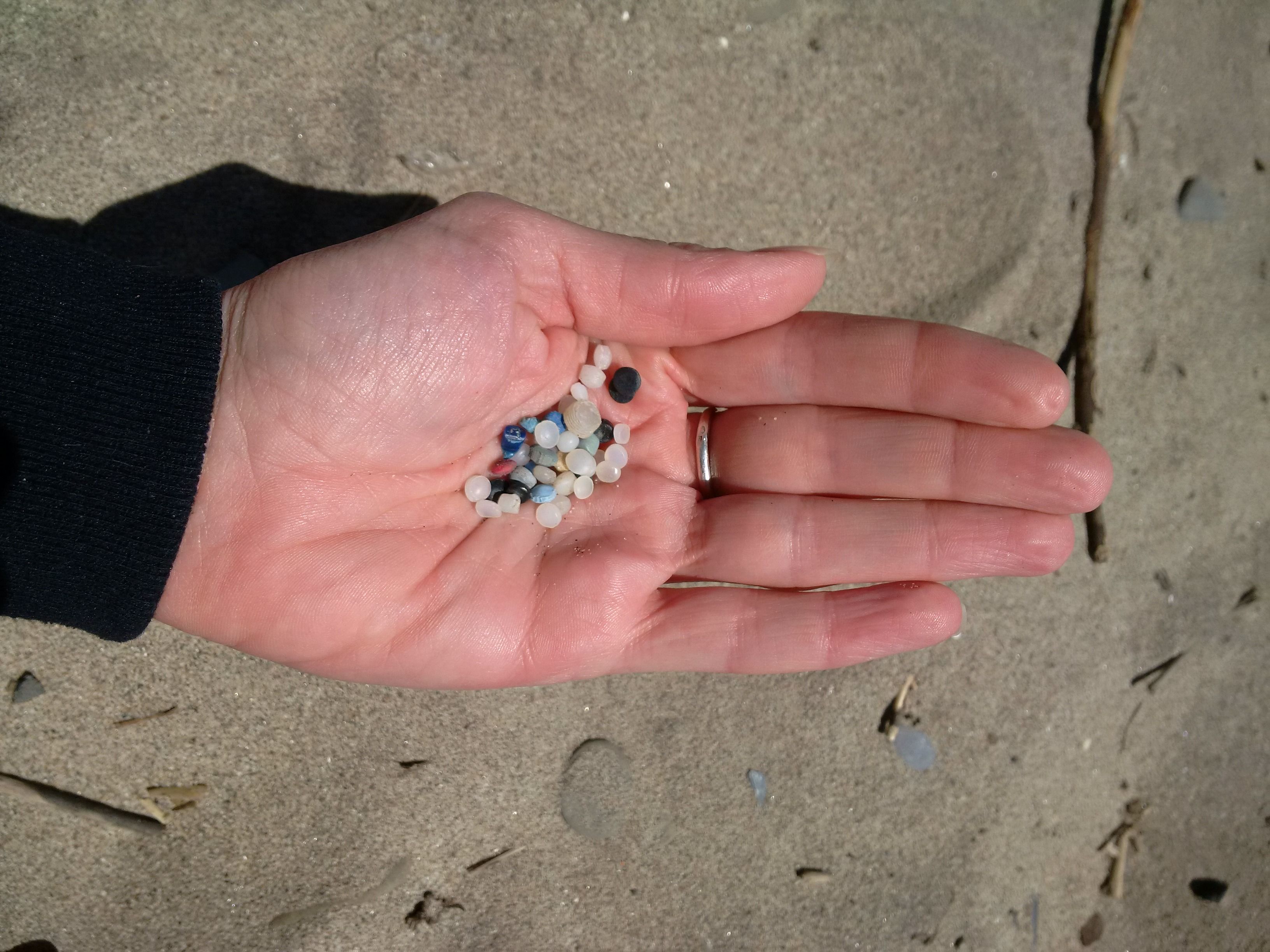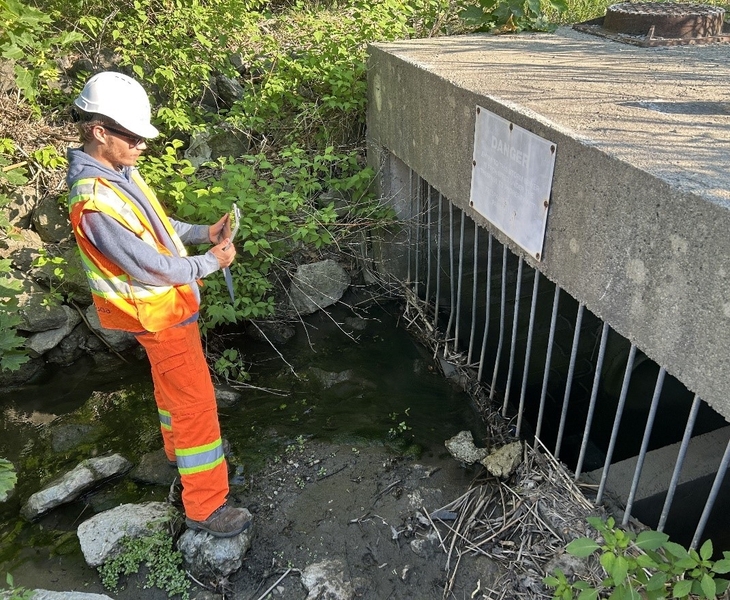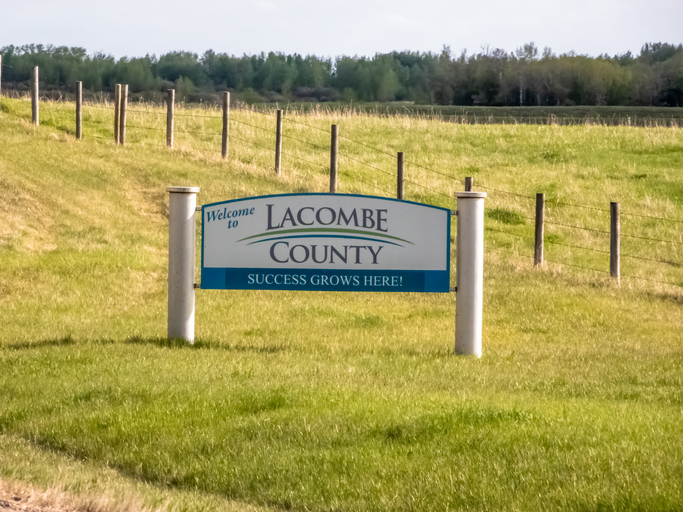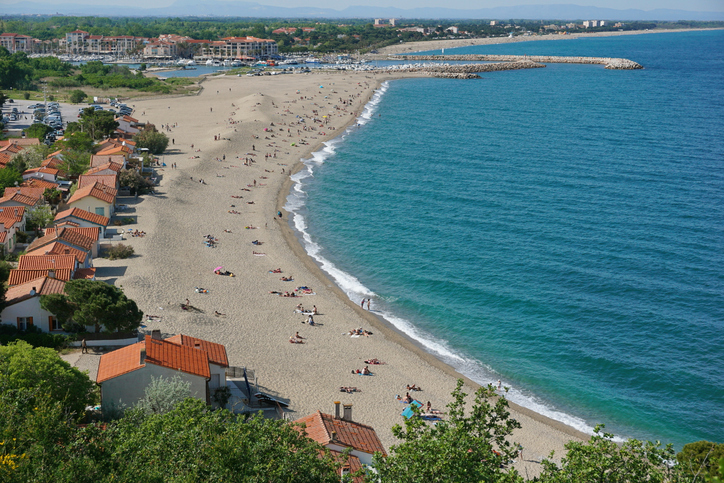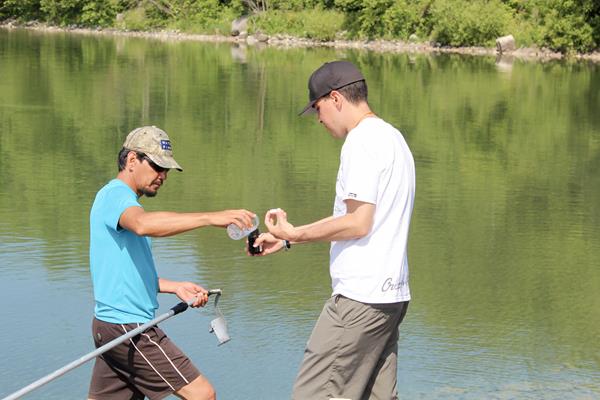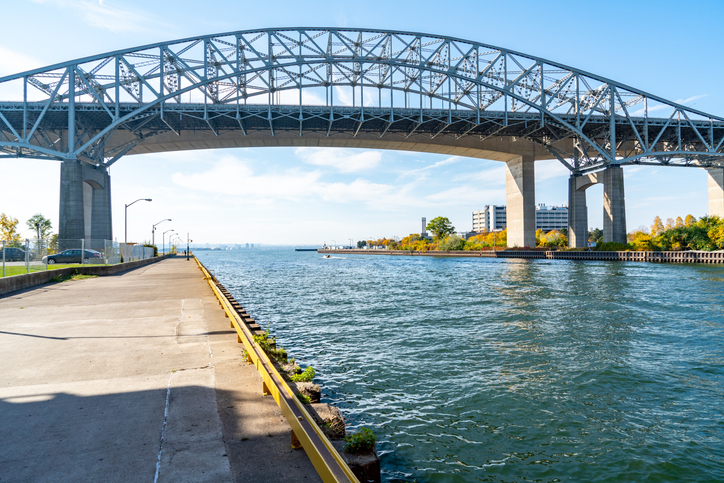Industry leaders are accelerating their response to global plastic pollution, as a coalition of chemical companies have announced an international alliance, while Nestlé has announced a commitment to materials innovation.
The Alliance to End Plastic Waste (AEPW) is comprised of nearly thirty member companies and has committed over $1 billion with the goal of investing $1.5 billion over the next five years to help eliminate plastic pollution. The Alliance has stated that it will develop and bring to scale solutions to minimize and manage plastic waste and promote solutions for used plastics by helping to enable a circular economy. The Alliance membership represents global companies and located throughout North and South America, Europe, Asia, Southeast Asia, Africa, and the Middle East.
“Everyone agrees that plastic waste does not belong in our oceans or anywhere in the environment. This is a complex and serious global challenge that calls for swift action and strong leadership,” said David Taylor, chairman of the board, president, and CEO of Procter & Gamble, and chairman of the AEPW. “This new alliance is the most comprehensive effort to date to end plastic waste in the environment. I urge all companies, big and small and from all regions and sectors, to join us.”
The Alliance is a not-for-profit organization that includes companies that make, use, sell, process, collect, and recycle plastics. Their efforts will target partnering with cities to design integrated waste management systems where infrastructure is lacking; funding the Incubator Network by Circulate Capital to develop and promote technologies, business models, and entrepreneurs that prevent ocean plastic waste and improve waste management and recycling; and developing an open source, science-based global information project to support waste management projects globally with reliable data collection, metrics, standards, and methodologies, among other things.
Also this week, Nestlé and Danimer Scientific, a developer and manufacturer of biodegradable plastic products, announced a global partnership to develop biodegradable bottles. Through their collaboration, Danimer Scientific will design and manufacture bio-based resins for Nestlé’s water business using Danimer Scientific’s PHA polymer Nodax™, which according to the company was confirmed in a study by the University of Georgia as an effective biodegradable alternative to petrochemical plastics.
“Researchers have shown that PHA biodegrades in a wide range of environments, including industrial and home compost, soil, fresh and sea water,” said Stephen Croskrey, CEO of Danimer Scientific. “As a material that is reliably biodegradable across both aerobic and anaerobic conditions, our Nodax™ PHA is an ideal fit to drive the creation of eco-friendly packaging for Nestlé’s products.”
Nestlé has also committed to other strategic actions to reduce plastic waste, including: as of February 2019, eliminating all plastic straws from its products; roll out of paper packaging for Nesquik in the first quarter of 2019 and for its Yes! snack bar in the second half of 2019, as well as other products to follow; and increasing recycled PET content in its bottles to 35 per cent by 2025 at the global level and 50 per cent in the United States.
“While we are committed to pursuing recycling options where feasible, we know that 100 per cent recyclability is not enough to successfully tackle the plastics waste crisis. We need to push the boundaries and do more,” said Nestlé CEO Mark Schneider. “We are determined to look at every option to solve this complex challenge and embrace multiple solutions that can have an impact now.”

